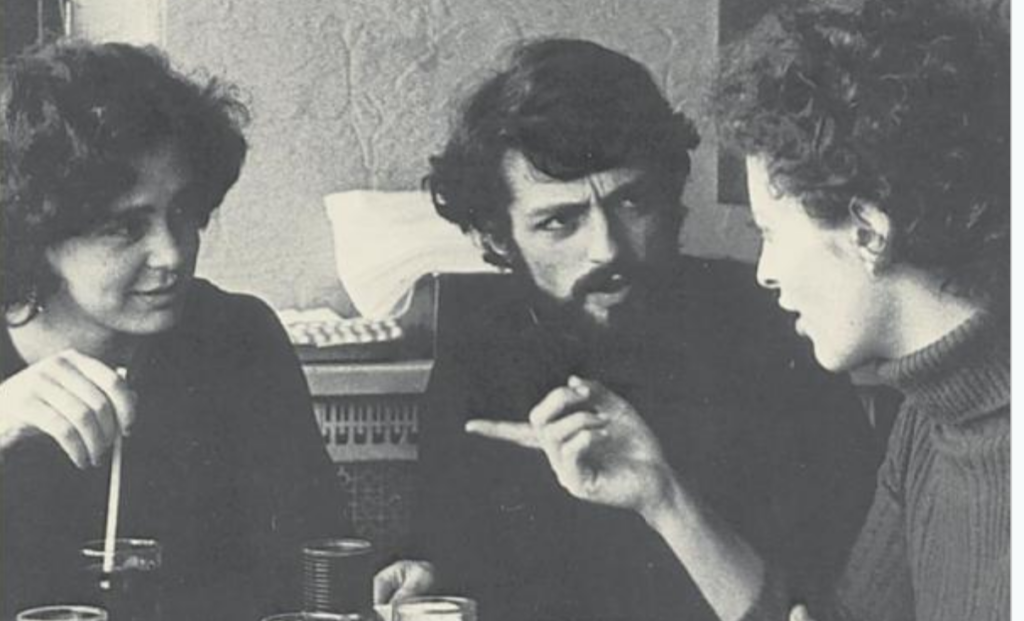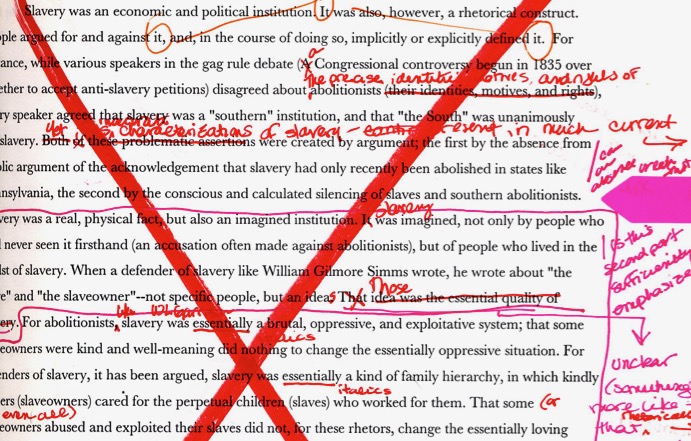
Deliberating reasonably and inclusively is difficult under conditions of war. Audiences do not demand reasonable policy argumentation, we tend to rely on in-group sources of information, and we tend to value loyalty more than rationality—so much so that we are prone to treat criticism or calls for deliberation as necessarily coming from bad motives (such as cowardice, disloyalty, or active treason). We are drawn to rhetors who seem to see the situation clearly, and we are averse to nuance or uncertainty. We give moral and rhetorical license to in-group rhetors. Thus, a rhetor who doesn’t want to take on the obligations of deliberation and reasonable argumentation might be tempted to try to evade them by persuading a base that we are already at war. This rhetorical framing is not necessarily done in bad faith—they may sincerely believe that the situation is an undeclared war, as did the anti-communist demagogues, or that the goodness of their intentions gives them moral and rhetorical license to engage in threat inflation (as did Truman). Rhetors who genuinely believe that they know what should be done may see public discourse as purely an opportunity to radicalize their base for the war they believe is going on.
Elsewhere, I’ve argued that anti-communist demagoguery relied on certain recurrent rhetorical strategies: treating all policy questions as really battles in war; invoking the frame of politics as war sometimes literally, sometimes figuratively, and sometimes ambiguously both; the equation of their “side” (Good) with “the people” against a monolithic and Other (Evil); the assertion that, because the Other is determined on our extermination, we have moral, political, and rhetorical license to do whatever will help exterminate Them; a politics of certainty, in which the correct position on any issue is obvious to good people; the perception that diversity is weakness, and that everyone needs to fall in line. Those rhetorical strategies weren’t limited to anti-communists.
In 1969, a group of activists who would later call themselves “the Weathermen” issued a 13 thousand word manifesto, “You Don’t Need a Weatherman To Know Which Way The Wind Blows.” They said that their “goal is the destruction of US imperialism and the achievement of a classless world: world communism” (2). And this struggle, they were clear, is war: “A revolution is a war; when the Movement in this country can defend itself militarily against total repression it will be part of the revolutionary war” (23). That is, these were the kind of people about whom the anti-communist demagogues were worried; what’s interesting is that both they and the anti-communist demagogues engaged in the same rhetorical strategies.
For the Weathermen, our political world isn’t a complicated situation with multiple policy options that might be deliberated because there is legitimate disagreement about major issues. They advocate getting involved in various struggles (racism, sexism, labor) but always with the same end: “There is one system and so all these different problems have the same solution, revolution” (20). The goal isn’t to create better policies that will solve (or ameliorate) the problems that people have because “reform fights, fights for improvement of material conditions, cannot be won under imperialism” (16). The goal is to convert people to revolutionaries: “We must transform people’s everyday problems, and the issues and struggles growing out of them, into revolutionary consciousness, active and conscious opposition to racism and imperialism” (15). As it was for Hargis, the solution to our political problems is converting as many people as possible to the correct identity.
There is a war, and it has only two sides: “the people of the whole world against US imperialism and its lackeys.” They say, “The main struggle going on in the world today is between US imperialism and the national liberation struggle against it.” The US is evil, and evil is the US:
“Every other empire and petty dictator is in the long run dependent on US imperialism, which has unified, allied with, and defended all of the reactionary forces of the whole world. Thus, in considering every other force or phenomenon, from Soviet imperialism or Israeli imperialism to “workers struggle” in France or Czechoslovakia, we determine who are our friends and who are our enemies according to whether they help US imperialism or fight to defeat it.”
Just as anti-communist demagoguery defines the good group narrowly, and treats everything else as a monolithic communism, so the Weathermen have a narrow in-group and capacious out-group—there are different kinds or causes of imperialism, or multiple sources of oppression.
There is no legitimate disagreement with them. People who disagree are “lackeys,” “brainwashed,” misguided about their true interests. What is necessary is “a unified centralized organization” grounded in “a common revolutionary theory” made up of people who “have the correct understanding.” Because their goal is so good, so obviously good, and they are so obviously right, they are justified in advocating policies that hurt others—they have moral license. They celebrate that “the Vietnamese are winning,” and endorse Che Guevara’s call for more Vietnams (that is, the US engaging in more wars as unsuccessful as Vietnam), despite that, as King pointed out, the burden of Vietnam fell disproportionately on Black communities (whom the Weathermen claim to support). They advocate policies and practices that will increase repression to the point that there will be “a phase of all-out military repression.” In other words, like the anti-communist demagogues, they claim moral license.
My point is not the Weathermen are “just as bad” as the anti-communists, or that “both sides do it,” but that this framing of politics as war isn’t tied to any particular spot on the political spectrum. And what this rhetoric does—whether it’s the John Birch Society or the Weathermen—is depoliticize politics. The Weathermen did deliberate; they argued and debated among themselves at great length. In the 1969 document, they admit that they were previously mistaken (about the role of Black Power in their movement). In 1974, they would publish the 188-page Prairie Fire, after much internal debate and disagreement, that admittedly revised earlier manifestoes. Yet, having been wrong, having disagreed with one another, and having come to new conclusions, didn’t change the basic stance that now they had the obviously right answer. Like the anti-communist demagogues, who disagreed with each other, changed their minds, changed their policies, they did so without abandoning their commitment to a politics of the obvious. Even though their own experience proved that it was a lie.



